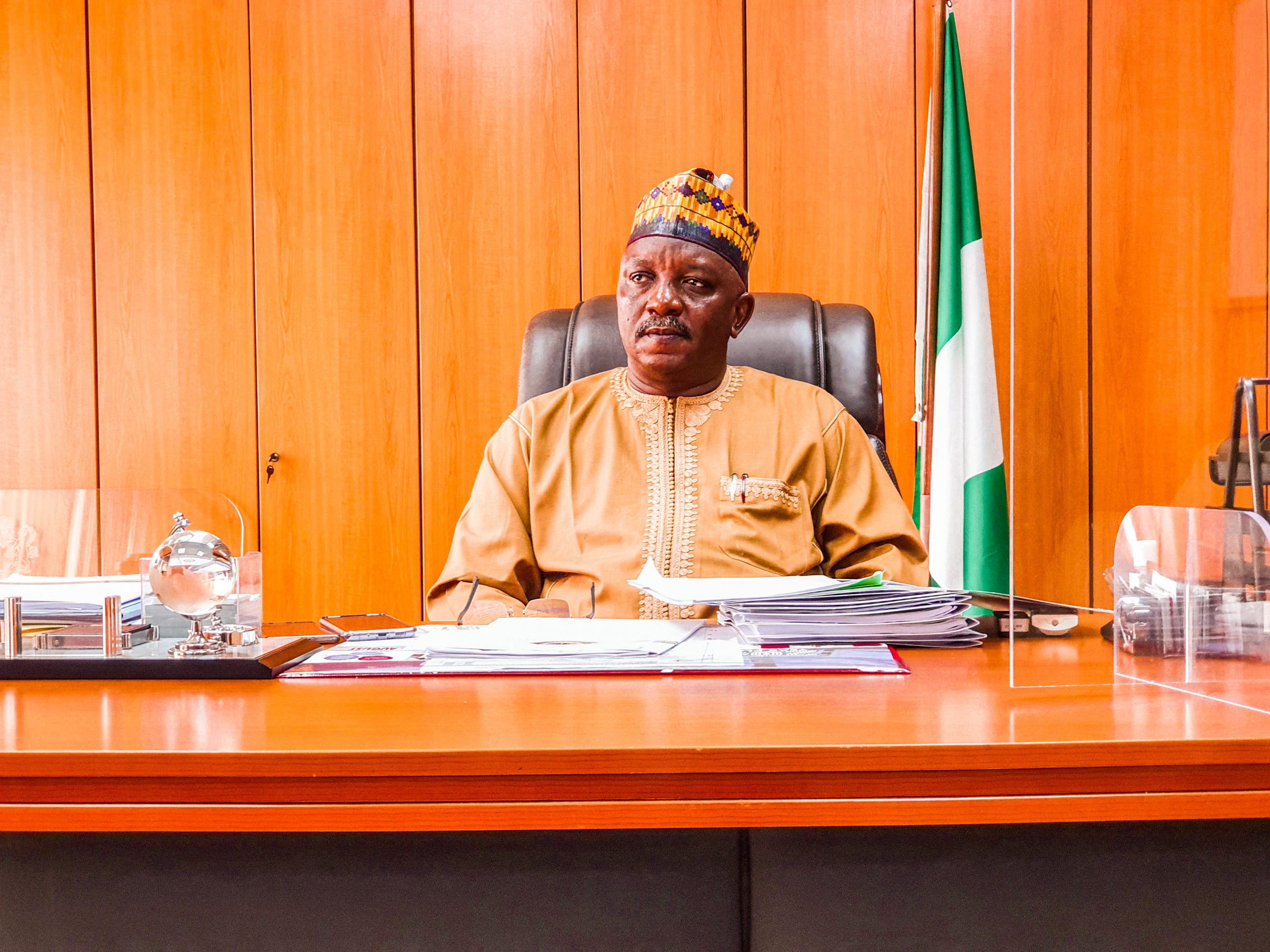The Federal Government has announced that there is still a subsidy of 55 per cent on the electricity consumed by customers in bands D and E (who are served less than an average of 12hrs of supply per day).
This was contained in a statement issued by the Minister of Power, Engr. Sale Mamman, in reaction to reports of a 50 per cent increase in electricity tariff in Nigeria.
The Minister described the reports of tariff increase as inaccurate and false and lamented the confusion it has generated within the public.
The Minister revealed that apart from the subsidy on the electricity consumed by customers on bands D and E, the government still carries out a partial subsidy on the electricity consumed by those on bands A, B and C.
He said, “On the 5th of January, 2021, the Nigerian Electricity Regulatory Commission issued a statement regarding erroneous and false reports by print and electronic media that approval had been granted for a 50% increase in tariff. I would like to affirm that these reports are inaccurate and false. It is unfortunate that these reports have led to confusion within the public.
“On the contrary, the Nigerian government continues to fully subsidise 55 per cent of on-grid consumers in bands D and E and maintain the life line tariff for the poor and underprivileged.
“Those citizens have experienced no changes to tariff rates from what they have paid historically (aside from the recent minor inflation and forex adjustment). Partial subsidies were also applied for bands A, B and C in October 2020. These measures are all aimed at cushioning the effects of the pandemic while providing more targeted interventions for citizens.
The Minister said the Federal Government and the Labour Centers have been engaged in positive discussions about the electricity sector through a joint ad-hoc committee led by the Minister of State for Labour and Productivity and Co-Chaired by the Minister of State for Power.
READ ALSO: Senate probe power ministry’s N478M deposited in Aso Savings and Loans Plc.
He said, “Great progress has been made in these deliberations which are set to be concluded at the end of January 2021.
“Some of the achievements of this deliberation with Labour are the accelerated rollout of the National Mass Metering Plan, clamp downs on estimated billing, improved monitoring of the Service-Based Tariff and the reduction in tariff rates for bands A to C in October 2020 (that were funded by creative use of taxes).
“It should be clear to all that the regulator must be allowed to perform its function without undue interference. The role of the Government is not to set tariffs, it is to provide policy guidance and an enabling environment for the regulator to protect consumers and for investors to engage directly with consumers. Bi-Annual Minor reviews to adjust factors such as inflation are part of the process for a sustainable and investable NESI.
“To promote a constructive conclusion of the dialogue with the Labour Centers (through the Joint Ad-Hoc Committee), I have directed NERC to forestall the implementation of the duly performed minor review (which adjusted tariffs between N2 per kWh and N4 per kWh) until the conclusion of the Joint Ad Hoc Committee’s work at the end of January 2021.
“This will allow for the outcome of all resolutions from the Committee to be implemented together.
“The Administration is committed to creating a sustainable, growing and rules-based electricity market for the benefit of all Nigerians.
“The Administration and the Ministry of Power will also continue to devise means to provide support for vulnerable Nigerians while ensuring we have a sustainable NESI.”













